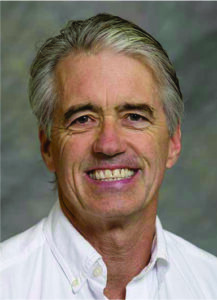 |
Guy Palmer, DVM, PhD. Founder and director of Paul G. Allen School for Global Animal Health, at the Washington State University, Pullman, WA, EUA, also working as director of Robert R. Fast Laboratory at WSU. He leads programs for the control of diseases in Africa and Latin America. He is a member of the Nelson Mandela African Institute of Science and Technology, in Arusha, Tanzania. Currently coordinates the program for training on infectious diseases and molecular immunology of the National Institutes of Health, developing research on pathogens emergence. |
 |
| Marguerite Pappaioanou, D.V.M., M.P.V.M., Ph.D., DACVPM. Affiliate professor at the Department of Environmental and Occupational Health Sciences, School of Public Health, University of Washington. Epidemiologist, she worked at US Centers for Disease Control and Prevetion (CDC) with emerging infectious disease surveillance, prevention and control, where she was Associate Director for Science and Policy in CDC’s Office of Global Health. She has worked in many commissions and offices like NIH, developing projects related to the One Health topic, including malaria, AIDS, avian influenza and other emerging zoonotic infectious diseases at the human-animal interface. |
|
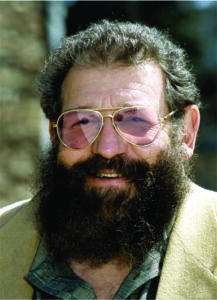 |
Bernard E. Rollin, University Distinguished Professor, PhD. Professor at Colorado State University, Fort Collins, CO, EUA, with main interests on philosophy of consciousness, animal science, biomedical sciences and bioethics. He develops academic and scientific activities on philosophy, ethics and bioethics, having published important books discussing the use of animals in research and is one of the academic leaders for the regulation of animal rights. |
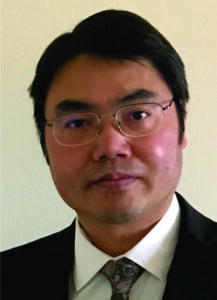 |
Min Du, PhD. Professor at Washington State University, Pullman, WA, EUA, where he develops research supported by the National Institutes of Health and the United States Department of Agriculture. He explores the mechanisms regulating fetal development, focusing on epigenetics regulation of adipose and muscular development, using rodents and cattle as animal models. |
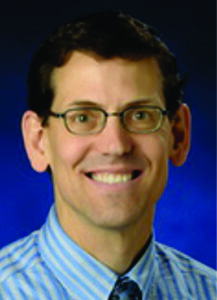 |
Mike Henson, DVM, PhD, Diplomate ACVIM. Professor at the College of Veterinary Medicine, University of Minnesota, St. Paul, MN, EUA, he coordinates the Oncology Sector and is the Assistant Director of Medical Specialties at the same university. He works in collaboration with pharmaceutical and biotechnology companies, other universities and the National Institutes of Health developing new therapies with potential applications for animals as well as informing the drug development process for humans, elucidating pathophysiologic mechanisms, pharmacokinetics and dynamics with direct correspondence between animal and human medicine. |
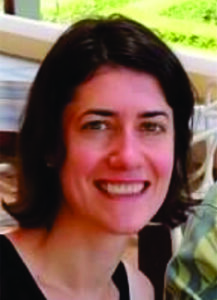 |
Jessica Snyder DVM, MS. Professor at the Department of Comparative Medicine at the University of Washington, Seattle, WA, EUA. She has experience on Neurology and Comparative Medicine and Pathology and currently develops research activities related to natural animal diseases as models for human diseases in comparative pathology and neurology. She also conducts research at the Institute for Stem Cell and Regenerative Medicine with studies on genetic therapies. |
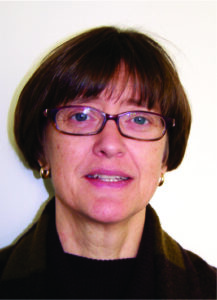 |
Sandra Hoffmann, PhD. She is a researcher at the United States Department of Agriculture where she develops studies aiming at measuring economic impacts of disease cases and outbreaks associated with consumption of different contaminated foods. In this regard, she directs the studies of the U.S. Department of Agriculture on cost estimates of foodborne disease, and co-directs a food source attribution study for the World Health Organization as part of the global burden of foodborne disease initiative, also serving as a consultant for the governments of Australia and United Kingdom. |
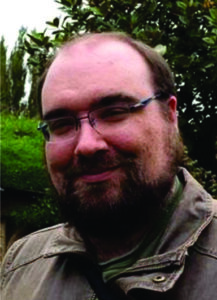 |
Eric T. Lofgren, PhD. Professor at the Paul G. Allen School for Global Animal Health at Washington State University, Pullman, WA, EUA, developing projects and academic activities related to the impact of antimicrobial resistant infections on public health, healthcare-associated infections, and emerging and zoonotic pathogens. He is a founder and member of the Community Health Analytics Initiative (CHAI) working for minimizing antimicrobial usage in livestock. |